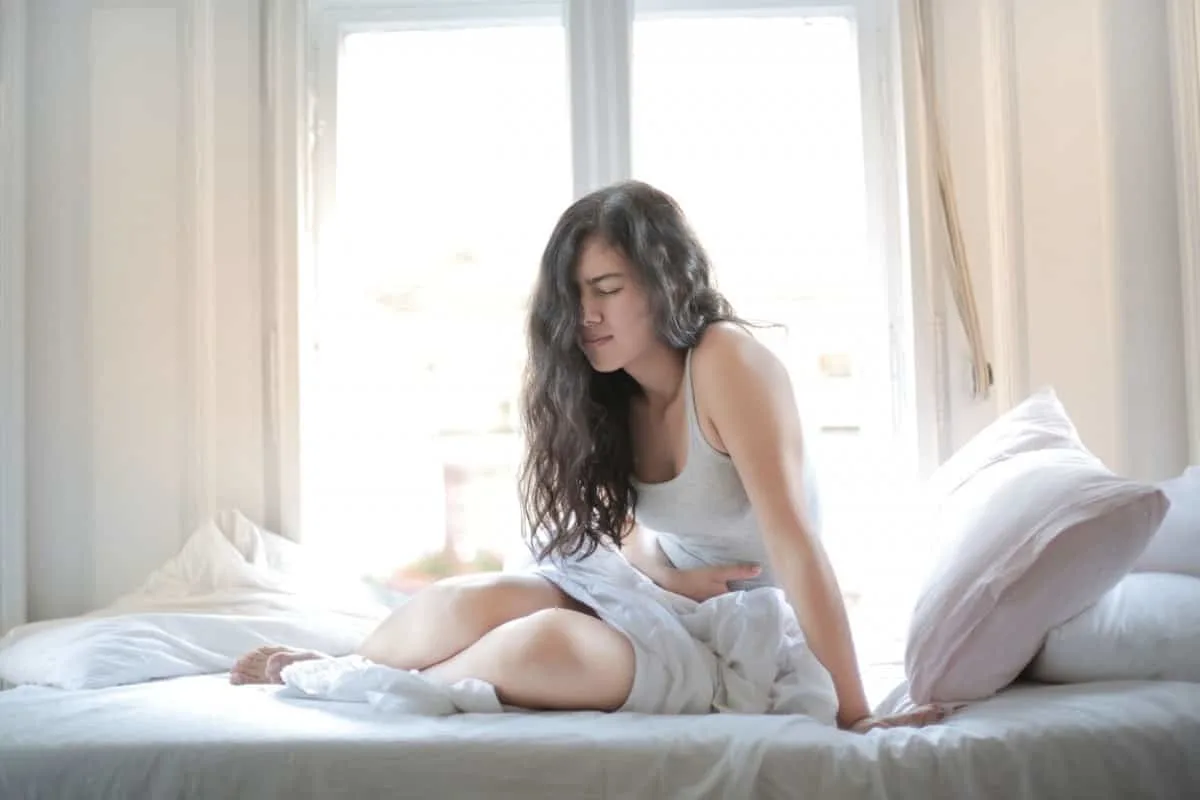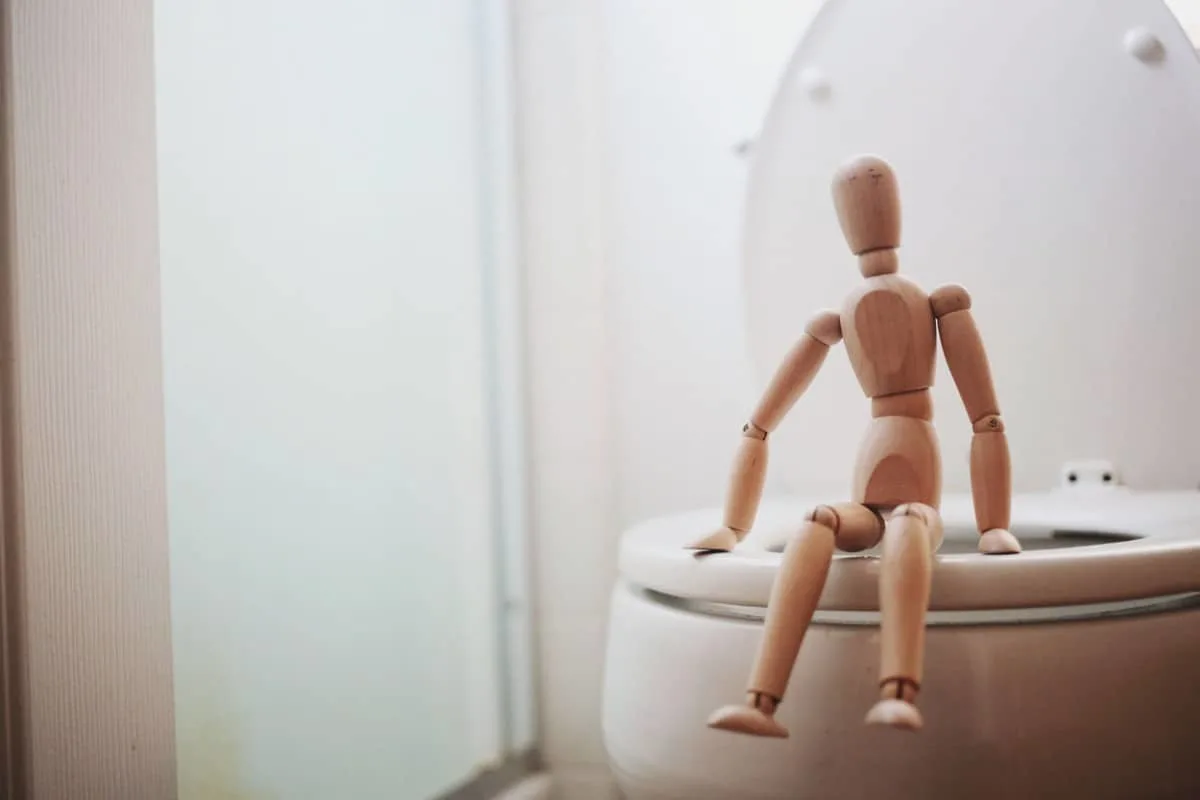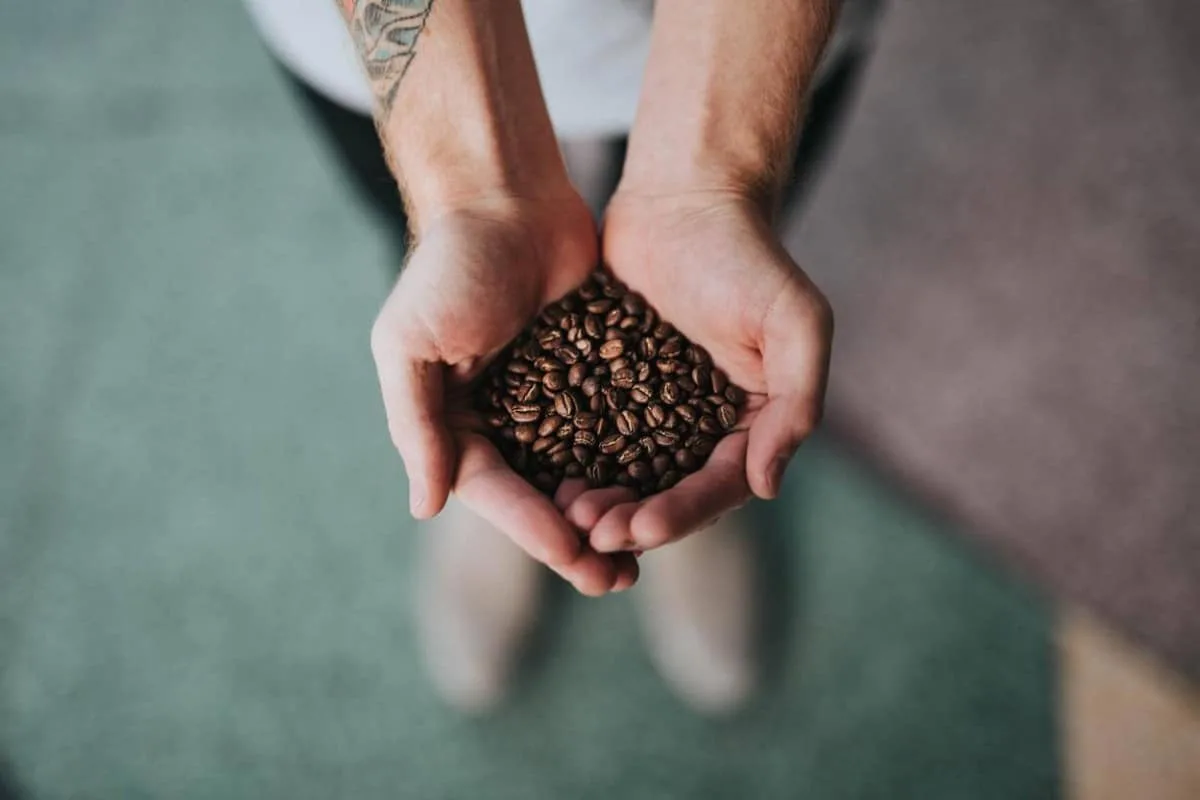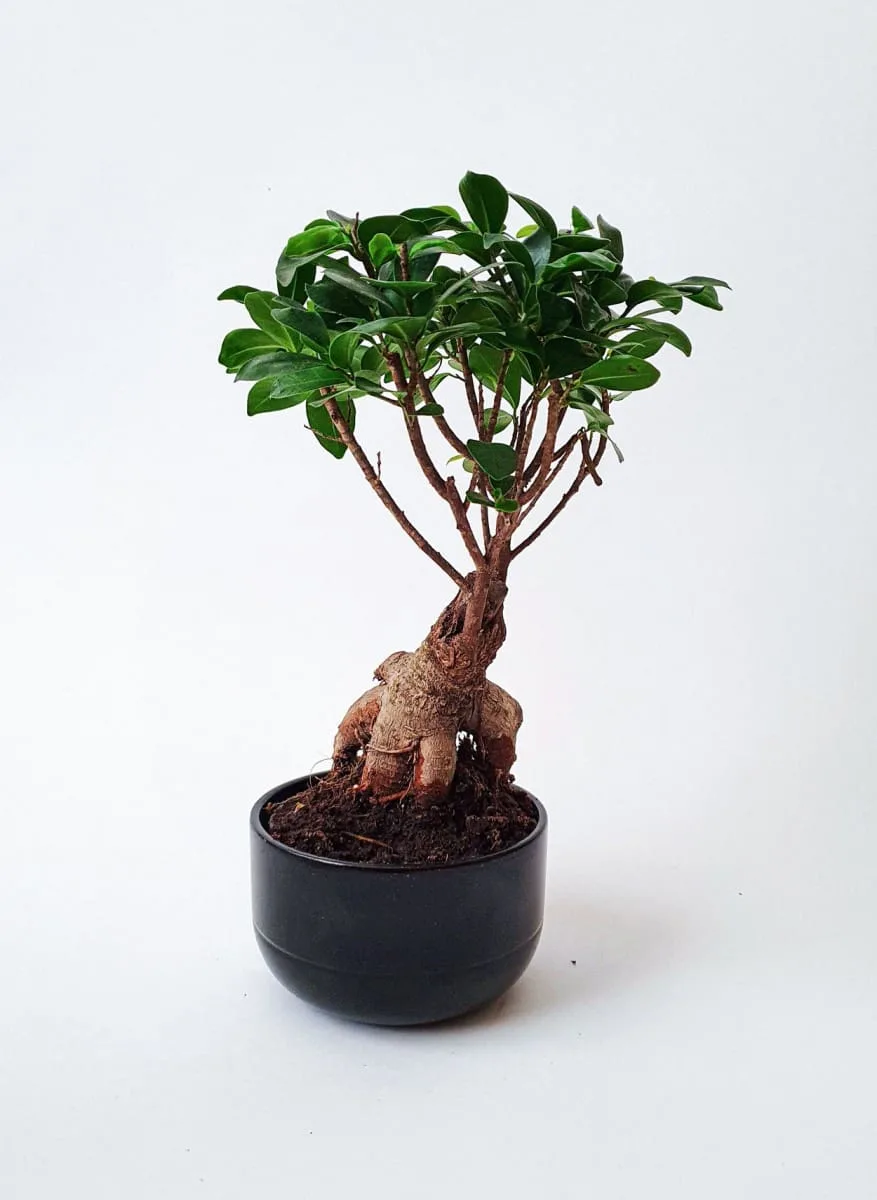It’s a bit of a running joke at this point about how most people can’t go to the toilet in the morning until they’ve had a nice, steaming cup of coffee.
While it’s been scientifically proven that caffeine does indeed help you stay “regular” this may actually pose a problem in people with an already overactive digestive system.

Yes, I’m talking about irritable bowel syndrome, a condition where the gastrointestinal tract becomes easily irritated and inflamed when exposed to certain types of food.
Common ingredients used in energy drinks like caffeine and sugar, for instance, can aggravate IBS symptoms, which basically rules out almost 90% of all energy drink brands. However, all is not lost, as I have found some good alternatives that may just be the saving grace you’ve been looking for
From my research I have found that the best energy drinks for IBS are: Free Rain Tart Berry, Arcane, Raizin, and Bang Caffeine-Free.
If you want to know more about the relationship between IBS, energy drinks, and caffeine as well as some caffeine alternatives that can give you energy without putting your gut health at risk, read on.
Contents
What is Irritable Bowel Syndrome?
IBS is a gastrointestinal disorder that makes certain people sensitive to certain kinds of food. Symptoms include cramps, diarrhea, constipation, and other bowel irregularities that often result in a lot of frustration and inconvenience.

While rarely life-threatening, there is no known cure for IBS, which makes it something that you need to live with. Common symptoms of IBS include:
- diarrhea
- abdominal pain
- constipation
- bloating and gas
- cramps
People with IBS typically need to avoid FODMAP foods, which include wheat, dairy, fried foods, indigestible sugars, beans, some vegetables (artichokes, asparagus, onions, and garlic), and some fruits, (apples, cherries, pears and peaches).
This may be hard for a lot of people who may have grown accustomed to having these kinds of foods in their lives, but with the right changes in lifestyle, the symptoms are usually manageable.
If you want to know more about IBS, I suggest you watch the following video
Energy Drinks and IBS
There are several reasons why energy drinks are generally bad for people with IBS. A typical can of energy drink contains glucose, caffeine, and other supplements that may irritate the digestive tract.
These ingredients may trigger an episode in people with already sensitive bowels, resulting in the aforementioned symptoms.
I would not recommend anyone with IBS to drink any of the typical energy drinks like Red Bull or Monster if you don’t want to experience an episode. But don’t worry, I have some awesome options for you to choose from later in this article.
Caffeine and IBS
It is generally not recommended for you to drink caffeine if you have IBS, primarily due to its stimulatory effects. Caffeine’s role as a stimulant is the main reason why people value it for its laxative properties, which enhance the digestive process known as peristalsis.

Peristalsis is the biological reaction that pushes food from the stomach into the intestines. Oftentimes, when stimulants like caffeine are involved, this mechanism is supercharged, which is bad news for IBS sufferers because the condition is aggravated when food moves too quickly in the GI tract.
While doctors are still befuddled as to what actually causes IBS symptoms, most agree that aside from family history, stress, and oversensitive gastrointestinal nerves, the most likely cause is due to food passing too slowly or too quickly in the gut.
Caffeine can also cause anxiety, which has been known to worsen IBS symptoms in certain people.
Sugar and IBS
Unlike caffeine, the role of sugar in aggravating IBS is slightly better understood by doctors. When you ingest sugar, your stomach releases enzymes to digest it. Medical experts believe it is these enzymes that are responsible for irritating the bowels.
While different people may react differently to sugar depending on how bad their IBS is, sugar, in general, is considered as a FODMAP food, which means IBS sufferers are better off staying away from it.
If you suffer from IBS, you should opt for alternative sweeteners like stevia or monk fruit extract.
Caffeine-Free Alternatives
So what should you look for in an IBS-friendly energy drink if you or a loved one is suffering from this condition? Well, first of all, it should be free from caffeine and sugar.
But how can you boost your energy if a product contains neither of those ingredients? The next best thing is ginseng, either American ginseng or panax ginseng would work just as well for increasing energy levels.

Some studies have even shown that ginseng can actually improve symptoms in IBS sufferers so that’s definitely a plus. When taken orally in doses up to 300mg a day, Panax ginseng was found to reduce abdominal pain in people with IBS.
Another botanical ingredient that you may want to look for is eleuthero or Siberian ginseng, which has been found to increase energy levels and prevent fatigue. This ingredient is usually more readily found in traditional herbal preparations than in canned beverages.
If you can’t get your hands on the following brands, you may be able to find eleuthero or ginseng tonics at your local TCM (traditional Chinese medicine) store.
Best Energy Drinks for IBS
The following energy drink brands are caffeine and sugar-free, with Asian ginseng (Panax) and eleuthero as the main energy-boosting ingredient.
As a caveat, you should not consume anything with ginseng if you are taking any heart medication, diabetes medication, liver medication, anticoagulants, immunosuppressants, antidepressants, and stimulant drugs like epinephrine.
Free Rain
Free Rain Tart Cherry and Siberian Ginseng is a caffeine-free energy drink that contains 330mg of Siberian ginseng (eleuthero) and cocoa extract. It is flavored with natural fruit juices.
One 12 fl. oz. can contain 25 calories, 5g of sugars, 0mg of fat, 0mg of sodium and 0g of protein. One 12 pack costs around $33.
Raizin Energy
Raizin Energy is a new energy drink made in Japan that is formulated with a plant-based energy booster called enXtra that is extracted from ginger and is similar to caffeine but without all the nasty side effects. It only comes in three flavors, Sakura, Hard Ginger.
Raizin also contains gingko biloba, B vitamins, amino acids histidine and isoleucine, and inosotol. It claims to provide the same energy as caffeine as well as boost mental and physical performance. Raizine is caffeine-free, calorie-free, and sugar-free.
One can cost around $5.
Arcane Energy
Arcane Energy is formulated with sophisticated plant-based supplements that guarantee to supply you with energy all while being caffeine-free, carefree, sugar-free, and calorie-free. Flavors include Black Raspberry, Watermelon, and Citrus.
Arcane energy contains ginseng, B vitamins, Alpha GPC, L-leucine, L-valine, L-Carnitine, and L-tyrosine to improve memory, physical strength, and performance. It can fight fatigue, increase energy levels, and boost your mood and cognitive functions.
A 12-pack costs around $36.
Bang Caffeine-Free
Bang Caffeine-Free is formulated with Super Creatine®, CoQ10 and EAAs (essential amino acids) to accelerate muscle recovery. Flavors include Birthday Cake Bash, Black Cherry Vanilla, Candy Apple Crisp, and Cherry Blade.
While you won’t get your energy fix with Bang Caffeine-Free, it is still calorie-free, vegan-friendly, and gluten-free, which makes it an ideal drink if you want to stay off caffeine for a while.
A 12-pack costs around $27.
Can I drink Redbull if I have IBS?
It is generally not recommended to drink Red Bull or any energy drink if you have irritable bowel syndrome (IBS). Energy drinks like Red Bull contain high levels of caffeine and sugar, which can aggravate IBS symptoms in some people.
In the whole, people with IBS are advised to limit or avoid caffeine and sugary drinks, and instead opt for hydrating beverages like water and herbal tea. If you’re looking for an energy boost, you may want to consider natural sources of energy, such as exercise or a healthy diet, or speak with a healthcare professional to explore other options.
Can Energy Drinks help with fatigue from IBS?
While energy drinks may provide a temporary boost of energy, they are not recommended as a long-term solution for managing fatigue caused by irritable bowel syndrome (IBS). Mainly, Energy drinks contain high levels of caffeine and sugar, which can cause digestive problems and exacerbate IBS symptoms in some people.
Instead of relying on energy drinks to manage fatigue, people with IBS may benefit from making lifestyle changes that promote energy and overall well-being. These can include:
- Getting regular exercise
- Eating a balanced, nutrient-dense diet
- Practicing stress-reducing techniques, such as mindfulness and yoga
- Getting adequate rest and sleep
It’s also important to work with a healthcare professional to develop a personalized treatment plan for managing IBS symptoms, which may include dietary changes, medication, and other therapies.
Can you drink water if you suffer from IBS?
It’s important to drink water if you suffer from irritable bowel syndrome (IBS). In fact, staying hydrated is essential for maintaining digestive health and preventing constipation, which is a common symptom of IBS.
Drinking water helps to soften stools and makes them easier to pass, which can help to relieve constipation and reduce abdominal discomfort. In addition, water helps to flush out toxins and waste products from the body, which can contribute to overall health and well-being.
While drinking water is generally safe and beneficial for people with IBS, some people may find that certain temperatures, volumes or additives in water (such as carbonation, artificial sweeteners, or flavorings) can trigger symptoms in their case. Hence, it is important to pay attention to how different factors affect your own symptoms and adjust accordingly.”
Conclusion
Just because you have debilitating gastrointestinal issues, doesn’t mean you should suffer through those sluggish mornings and afternoon slumps without anything to bring the light back into your eyes.
It may be discouraging for a lot of people with IBS when shopping for energy drinks considering the fact that almost 99% of brands contain caffeine. And this does not only include normal coffee bean extract but also guarana, yerba mate, guayusa, and cocoa.
Much like those with celiac disease, IBS sufferers need to pay close attention to what they eat lest they experience chronic abdominal pain and other bowel issues that can often be cumbersome to deal with. Just even a drop of caffeine can send you reeling in agony if you have IBS.
Hopefully, these caffeine-free alternatives can increase your energy levels without sending your entire digestive system into chaos. However, as with all herbal preparations, ginseng-based energy drinks may work for some and it may not work for others.
The trick is to test as many brands as possible. With enough patience, I’m sure you’ll be able to hit the jackpot and find an energy drink that is best suited to your sensitive gastrointestinal system.
